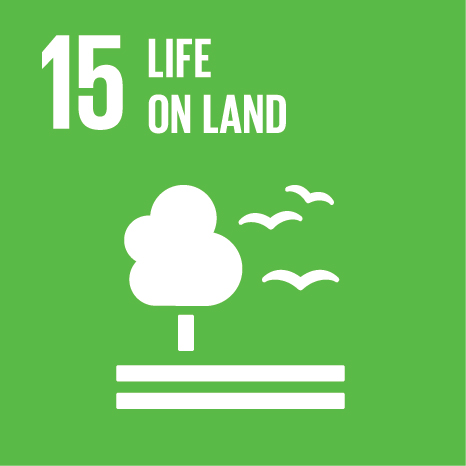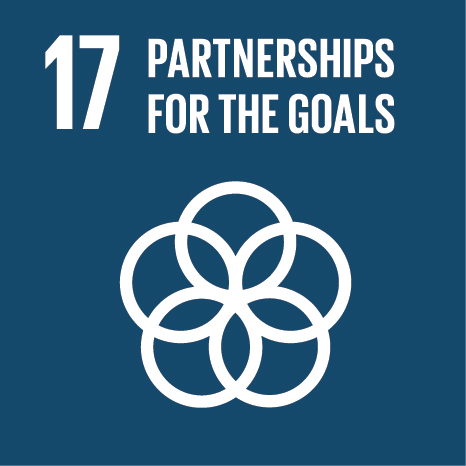Ciência_Iscte
Publications
Publication Detailed Description
Gene flow and population structure of the endemic Azorean bat (Nyctalus azoreum) based on microsatellites: Implications for conservation
Journal Title
Conservation Genetics
Year (definitive publication)
2008
Language
English
Country
Netherlands
More Information
Web of Science®
Scopus
Google Scholar
This publication is not indexed in Overton
Abstract
The Azorean bat (Nyctalus azoreum) is endemic to the Azores archipelago and is listed as endangered due to its reduced and fragmented distribution range. We assessed genetic diversity at eight microsatellite loci in 280 individuals from 14 locations throughout six islands. Overall, we found that the Azorean bat populations are not genetically impoverished. Indeed, the number of alleles per locus ranged from 8 to 10 and the observed heterozygosity ranged from 0.77 in Terceira to 0.83 in Faial. The highest genetic diversity and level of private alleles was observed in S. Miguel, the largest island, and the closest to the mainland. Private alleles occurred at all islands except in Graciosa. Global and pairwise F ST among islands were all statistically significant, suggesting restricted gene flow. These results, together with those of factorial correspondence analysis, Bayesian clustering method, and individual assignment tests, corroborate the conclusions of a previous mtDNA based study, providing strong support for the existence of two major subpopulations: one includes all islands of the Central Group and the other corresponds to S. Miguel. Gene flow between them is very limited, suggesting that management plans should avoid translocations between these subpopulations.
Acknowledgements
--
Keywords
Fields of Science and Technology Classification
- Biological Sciences - Natural Sciences
Contributions to the Sustainable Development Goals of the United Nations
With the objective to increase the research activity directed towards the achievement of the United Nations 2030 Sustainable Development Goals, the possibility of associating scientific publications with the Sustainable Development Goals is now available in Ciência_Iscte. These are the Sustainable Development Goals identified by the author(s) for this publication. For more detailed information on the Sustainable Development Goals, click here.

 Português
Português



